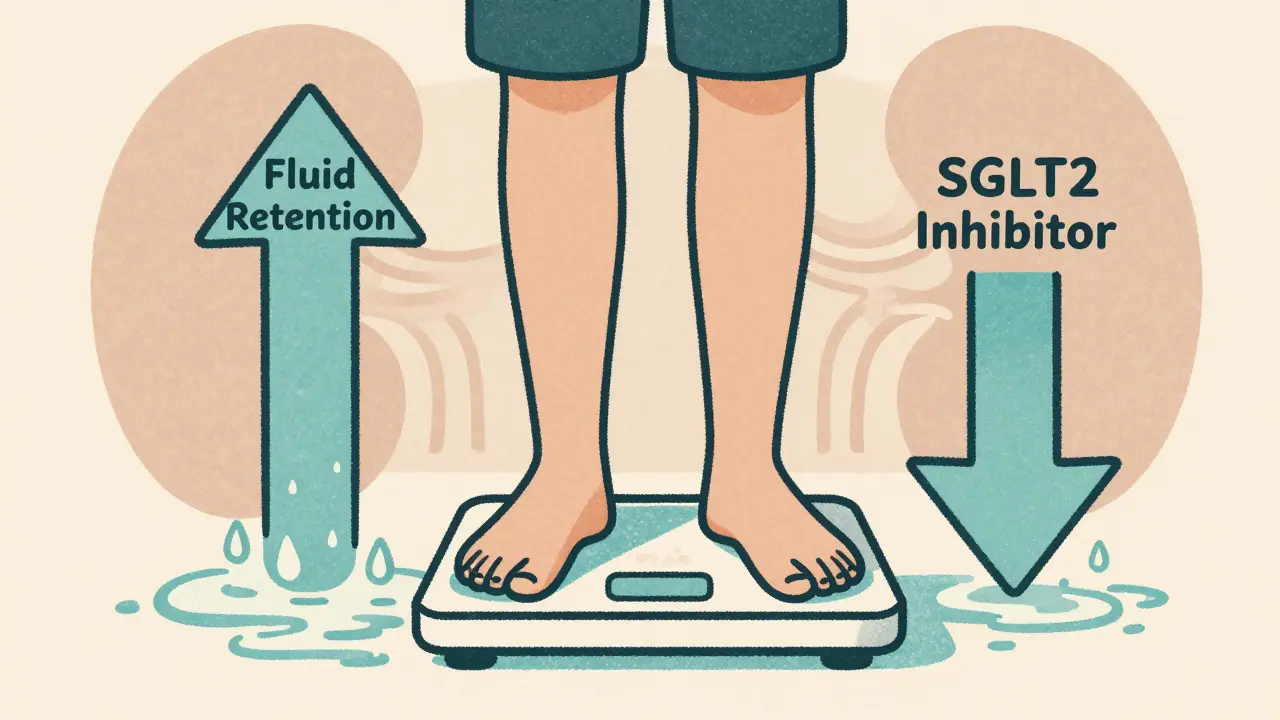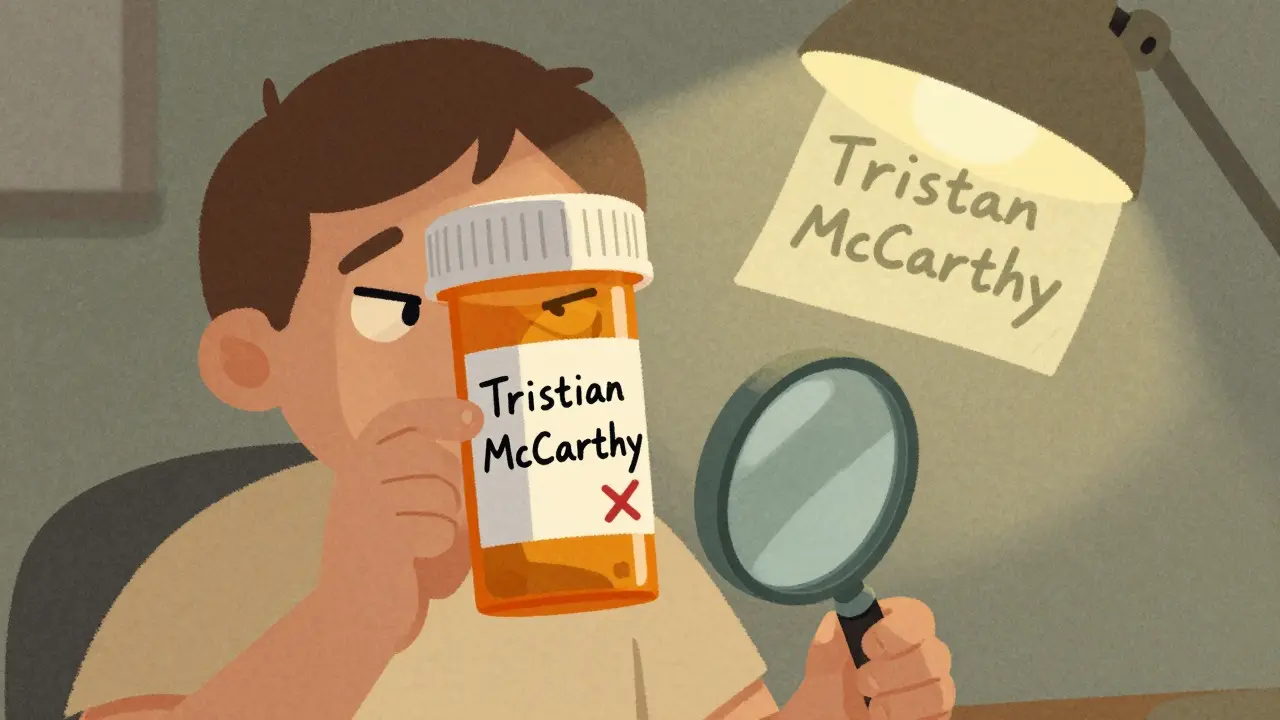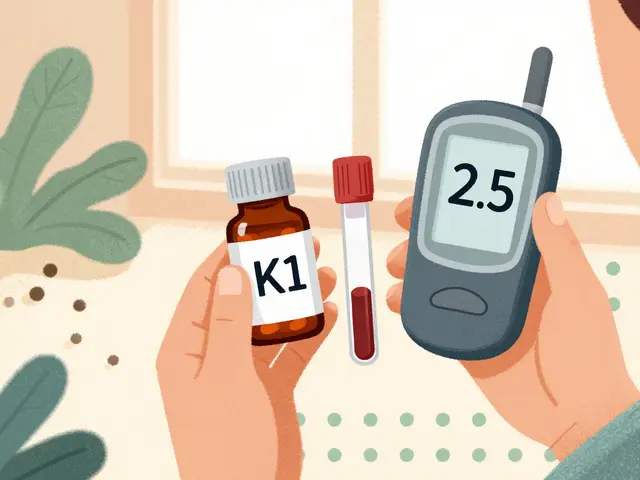Warfarin is effective but dangerous if not managed properly. Learn which foods, supplements, and drugs can cause dangerous interactions, how to stay safe, and what to do if your INR goes off track.
Sublingual immunotherapy tablets offer a needle-free way to treat grass, ragweed, and dust mite allergies. Learn who qualifies, how they work, their real-world effectiveness, side effects, cost, and what's coming next.
TZDs like pioglitazone help control blood sugar but often cause weight gain and fluid retention. Learn proven ways to reduce swelling, lower doses safely, and combine with better alternatives like SGLT2 inhibitors.
Learn how to check your prescription label to avoid dangerous medication errors. Confirm your name, medication, strength, and directions before leaving the pharmacy to stay safe.
Generic drugs cost far less than brand-name versions not because ingredients are cheaper, but because labor is scaled, outsourced, and optimized across millions of units. Learn how production volume, global manufacturing, and compliance shape the real cost difference.
COVID-19 triggered widespread drug shortages and made illicit drugs deadlier through fentanyl contamination. While telehealth helped some access treatment, systemic failures left vulnerable populations behind-and the crisis is still unfolding.
Ashwagandha can dangerously increase thyroid hormone levels when taken with medications like levothyroxine, leading to over-replacement and serious health risks. Learn why doctors warn against combining them.
Learn the difference between athlete's foot and Candida infections, what treatments actually work, and how to prevent them from coming back. Based on current medical data and real-world outcomes.
Learn how to report a suspected adverse drug reaction to the FDA through MedWatch. Step-by-step guide for patients, caregivers, and providers on what to report, how to submit, and why it matters.
Psychiatric medications can help teens with depression and anxiety-but they also carry a risk of increasing suicidal thoughts, especially early in treatment. Learn how to monitor for warning signs, when to act, and what safety plans actually work.



















